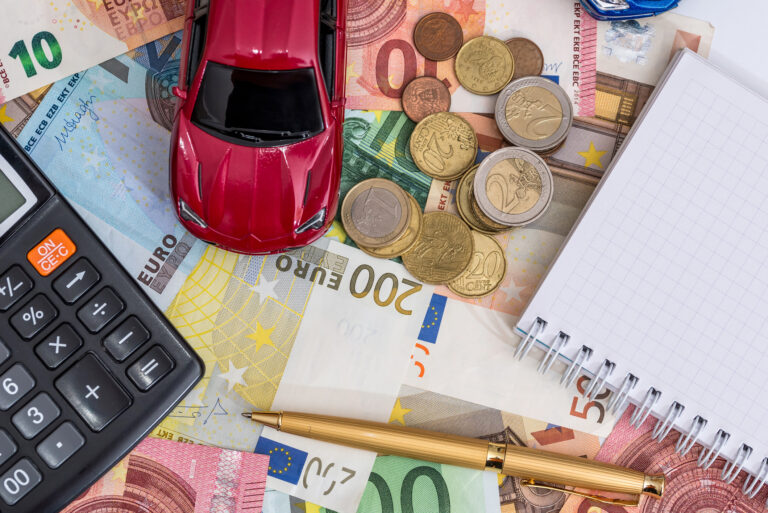If you have been involved in an accident, it can happen that the other party in the accident presents the incident differently than you think it happened. What should you bear in mind?
Accident reconstruction is made more difficult
It can sometimes be very difficult to reconstruct the course of the accident and to clarify the question of fault if the statements of those involved in the accident are not congruent. It can be even trickier if the other party to the accident initially agrees with your version of events, but then later distorts it into the opposite. This makes it more difficult to claim compensation from the other party's insurance company.
Statement against statement
First of all, it is then a case of statement against statement, which makes it difficult to clarify the course of the accident anyway. In this case, it is up to the police. They may be able to examine what exactly happened at the scene of the accident on the basis of further evidence. It is particularly advisable to call the police if there is a growing impression that the other party may have been uncooperative. If it cannot be determined who is responsible for the accident, the damage will be split 50:50. If the person responsible for the accident cannot be determined exactly, the presumption of innocence applies.
Witnesses can help
Independent witnesses who observed the incident can also help to better clarify the accident. Recordings made with a dashcam can also help to better clarify what happened. Co-drivers, on the other hand, are not considered a reliable source. Furthermore, they can refuse to testify if they are married or related to one of the accident participants.
Do not let yourself be unsettled
You should not be impressed by the other party in the accident if they act according to the motto "Whoever shouts the loudest is right". You should also not be tempted to make incorrect statements. Very important: neither the other party nor the police should tempt you to admit guilt. This can have a negative effect on the reimbursement of damages.
False statements are punishable by law
It is due to subjective perception that, regardless of the question of fault, each accident participant remembers the course of the accident differently. At this point, the other party involved in the accident cannot be accused of wilfully making a false statement. Rather, it is up to the police to check whether a false statement has been made.
Avoid insinuations
As a participant in an accident, you should remain calm and act prudently. The unproven insinuation of a false statement can have serious repercussions as a false accusation. The other party involved in the accident could take you to court for defamation. Furthermore, you should not put pressure on the other party involved in the accident. He may later revise his statement and claim that he was pressurised or even encouraged to change his statement, as it did not correspond to the actual course of the accident.
Insurance company can make recourse claims
If it is proven in the course of the investigation that one of the accident participants deliberately made a false statement, this is a criminal offence. Such behaviour can have consequences under both criminal and civil law. In addition, the insurance company can later demand reimbursement of the costs of the damage through recourse claims if it can be proven that the person responsible for the accident committed insurance fraud.
Fair regulation is there for you
faire-Regulierung's Europe-wide network of experts will reliably take care of all your claims. Take advantage of the guaranteed free examination of the compensation benefits to which you are entitled.





